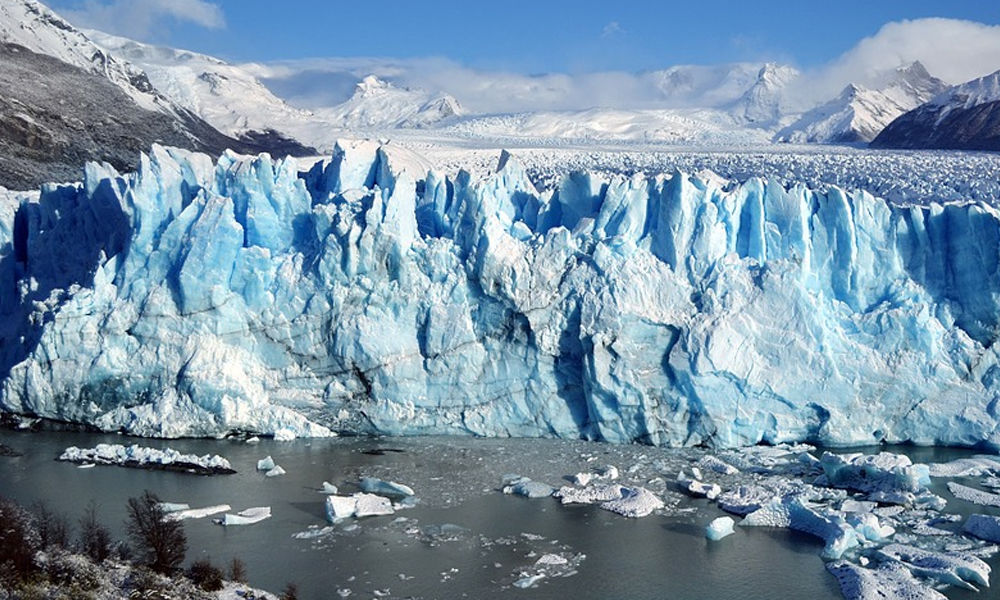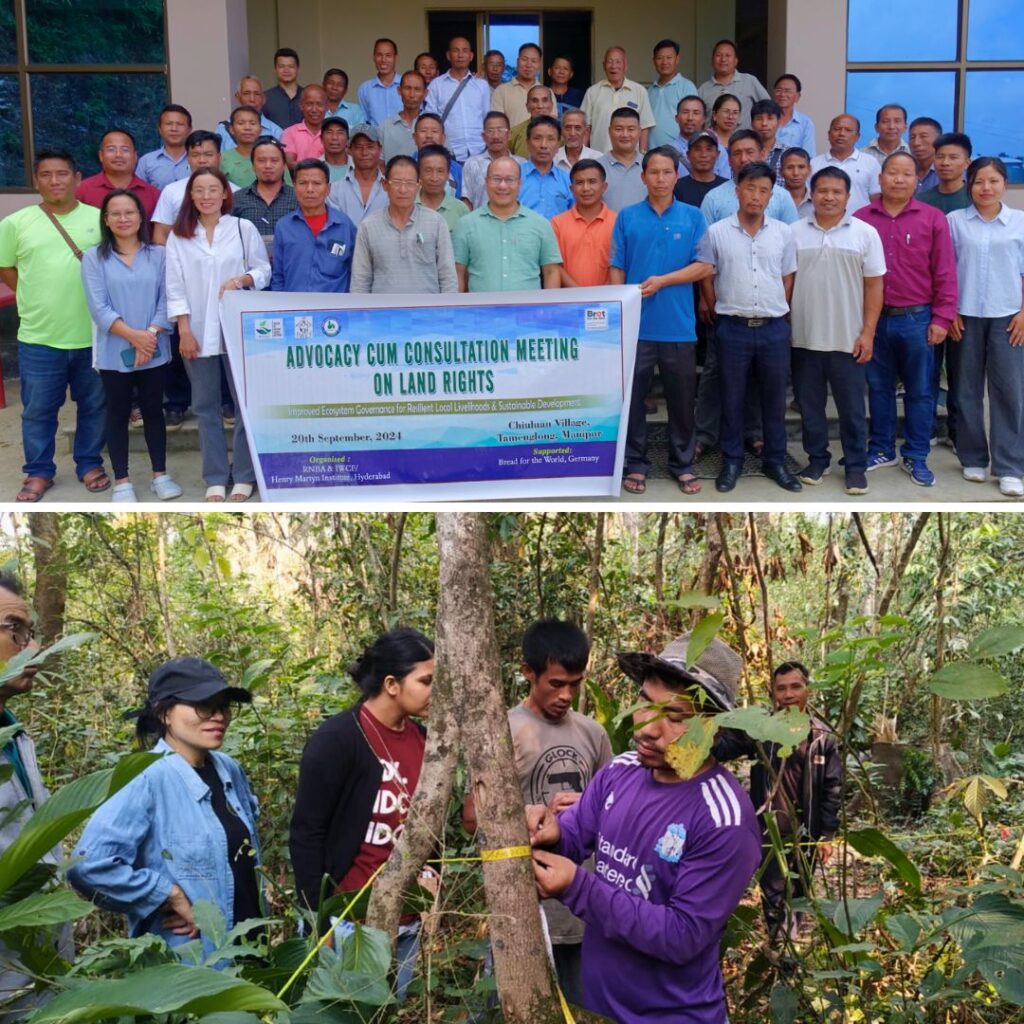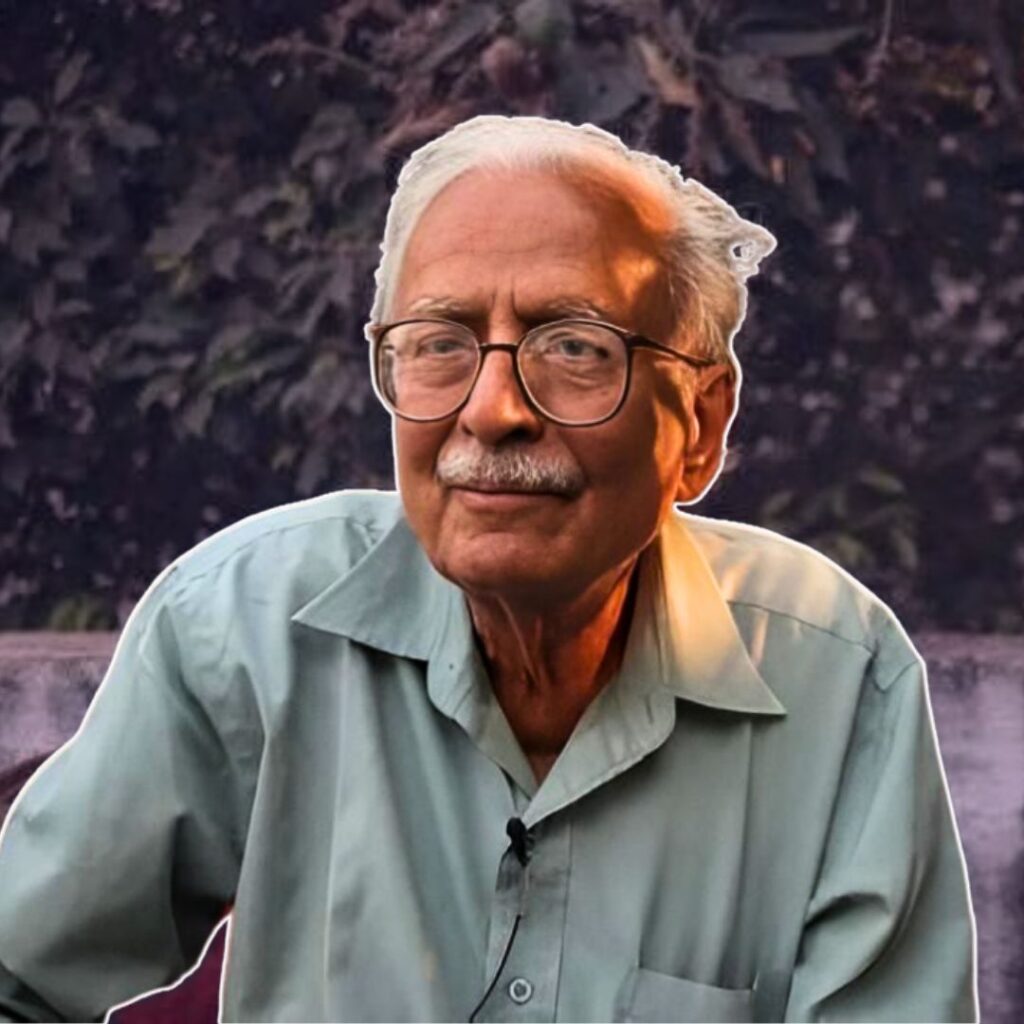Sounding alarm about climate change, some world leaders, at this week’s annual United Nations meeting warned, ‘If COVID-19 doesn’t kill us, climate change will.’
The warning comes amid Siberia reporting its warmest temperature on record this year and the drastic melting of ice caps in Greenland and Canada.
‘We are already seeing a version of environmental Armageddon,’ Fiji’s Prime Minister Frank Bainimarama was quoted as saying by Associated Press.
Bainimarama cited the wildfires in the Western US and also pointed out that the ice chunk sliding into the sea in Greenland was larger than a number of island nations. He said that while this was supposed to be the year ‘we took back our planet,’ the pandemic has diverted the resources and attention from what could have been the marquee issue at the current UN gathering.
The Alliance of the Small Island States and the Least Developed Countries Group said, ‘In another 75 years, many … members may no longer hold seats at the United Nations if the world continues on its present course.’
Meanwhile, the UN global climate summit has been postponed to late 2021.
As per the 2015 Paris climate accord’s main goal, the rise in global temperatures should be limited to 2 degrees Celsius above pre-industrial times. However, scientists have said that the world is on track to rise above that.
According to a new study, if the world warms another 0.9 degrees Celsius, the West Antarctic ice sheet, which has enough water to raise global sea levels by 5 meters, will reach a point of irreversible melting.
‘While COVID-19 is our immediate crisis, climate change remains the single greatest threat to the livelihoods, security and well-being of the Pacific and its peoples in the long run,’ said Kausea Natano, Prime Minister of Tuvalu.
Furthermore, Marshall Islands President David Kabua said, ‘Change relies on protecting the most vulnerable, because those on the frontline – whether healthcare workers battling the pandemic or small island nations sounding the alarm on climate change – are critical to the survival of us all. Small island and atoll nations like mine do not have time for paper promises.’
Pleas also came from Africa, which, while contributes least to globals warming, is slated to suffer the most.
‘Our global home that was teeming with millions of species of God-given creatures, both great and small, is slowly dying. Our world is yearning for us to stop its ruin’ said Kenyan President Uhuru Kenyatta.
Last year, Kenya was the only African country to achieve the goal of making renewable energy 75 per cent of its energy mix.
Meanwhile, at the meeting, several leaders pledged to clamp down on pollution, adopt sustainable economic systems and curb the plastic waste dumping in oceans by the middle of the century.
Several pledges have stated that it aims to hit carbon dioxide emissions peak before 2030 and achieve carbon neutrality by 2060.
Meanwhile, 64 leaders from five continents, Emmanuel Macron, Angela Merkel, Justin Trudeau, Jacinda Ardern and Boris Johnson have warned that humanity is in a state of planetary emergency due to the climate crisis, reported The Guardian.
In a 10-point pledge, the governments and the European Union have pledged to counteract the damage to systems with commitments such as efforts to reduce deforestation, eliminate environmentally harmful subsidies, stop unsustainable fishing practices, and start the transition to sustainable food production systems and a circular economy through the next decade.
All signatories to the Leaders’ Pledge for Nature have stated that the pledge is a ‘turning point’. It was launched virtually in New York on Monday, September 28, and have committed to putting wildlife and the climate at the heart of post-pandemic economic recovery plans.
‘Science clearly shows that biodiversity loss, land and ocean degradation, pollution, resource depletion and climate change are accelerating at an unprecedented rate. This acceleration is causing irreversible harm to our life support systems and aggravating poverty and inequalities as well as hunger and malnutrition,’ the pledge stated.
‘Despite ambitious global agreements and targets for the protection, sustainable use and restoration of biodiversity, and notwithstanding many local success stories, the global trends continue rapidly in the wrong direction. A transformative change is needed: we cannot simply carry on as before,’ it added.
The pledge comes days before a major UN biodiversity summit is slated to be held on Wednesday. The summit will be virtually hosted from New York and over 116 heads of states and governments have asked to address the event.
Boris Johnson, UK Prime Minister, has promised to protect 30 per cent of UK’s land by 2030, meaning that 400,000 hectares will be conserved.
Leaders of Bangladesh, Bhutan, Colombia, Costa Rica, Fiji, Kenya, Seychelles and Mexico are the other signatories of the pledge. However, the presidents of the US, Brazil and China – Donald Trump, Jair Bolsonaro and Xi…











